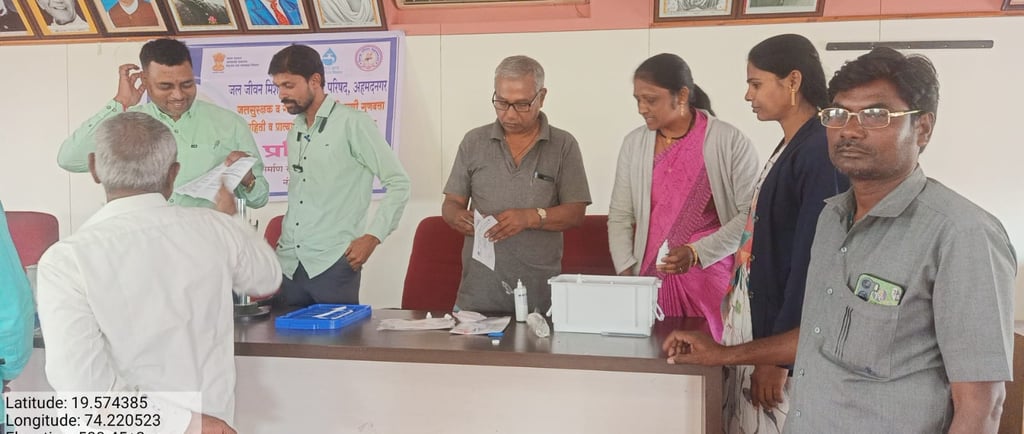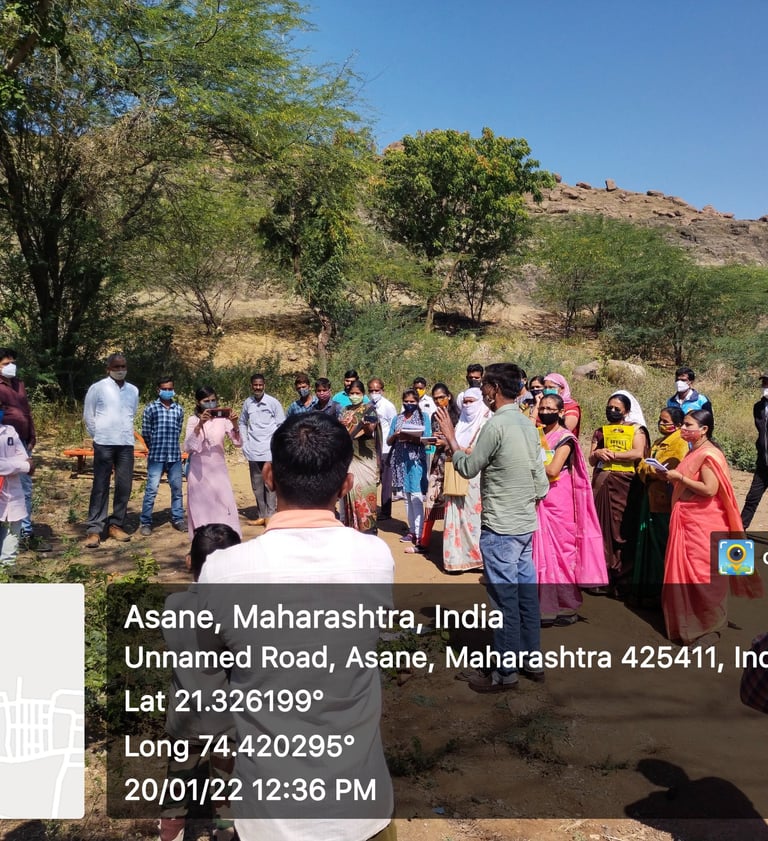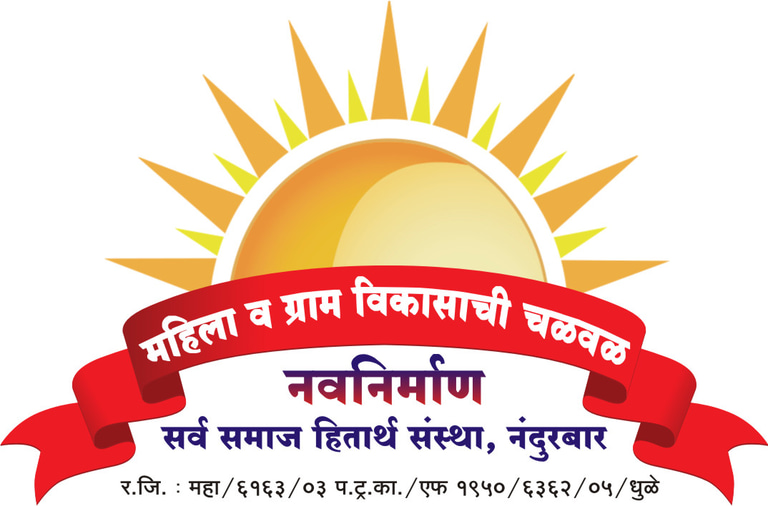Ensuring Safe Drinking Water in Rural Areas: The Role of Navnirman Sanstha in Nandurbar District
8/22/20242 min read


The Crucial Role of Water in Human Life
Water is an indispensable resource essential for sustaining human life. It functions as a crucial component for drinking, agriculture, sanitation, and various other human activities. Despite its significant role, accessing safe and clean drinking water remains a challenge in many parts of the world, including rural areas of Nandurbar district in India.
Challenges of Accessing Clean Drinking Water in Rural Areas
The difficulties of obtaining potable water in rural regions cannot be overstated. Geographic isolation, inadequate infrastructure, and limited access to modern water purification technologies contribute to the struggle. In Nandurbar district, residents face persistent challenges in securing quality water, affecting their health and well-being. The Navnirman Sanstha, a local organization, has taken the initiative to address this pressing issue.
Efforts by Navnirman Sanstha to Improve Water Quality
Navnirman Sanstha is actively involved in enhancing the quality of drinking water at the village level in Nandurbar district. One of the key interventions by the organization involves the use of Field Test Kits (FTKs). FTKs are portable tools that enable efficient on-site testing of water quality parameters, including pH levels, turbidity, and the presence of contaminants.
By leveraging FTK technology, Navnirman Sanstha conducts regular water quality assessments, ensuring that the water available to residents meets safety standards. This proactive approach not only prevents waterborne diseases but also instills confidence among the villagers regarding the safety of their water supply.
Future Prospects and Community Involvement
The success of water quality initiatives relies not only on technological interventions but also on community involvement. Navnirman Sanstha works closely with local stakeholders, including village leaders and residents, to promote awareness about the importance of water quality. Training sessions are conducted to educate villagers on proper water handling and storage practices, further bolstering the efforts to maintain water quality.
Looking ahead, sustained efforts are essential to ensure continuous access to safe drinking water in rural areas. Collaborative approaches between community members, local organizations, and government bodies will play a pivotal role in achieving this goal.
Conclusion
The unique importance of water in human life cannot be overstated, and the challenges faced in accessing clean drinking water in rural areas must be addressed urgently. The efforts by Navnirman Sanstha in Nandurbar district serve as a commendable example of how community-driven initiatives, supported by modern technology like FTKs, can make a significant difference. Continued support and engagement from all stakeholders will be vital in ensuring the availability and quality of drinking water for all.
Navnirman Sanstha has been working in the fields of quality improvement, skill development etc. for school students for the last 21 years.
Rural development through capacity building


